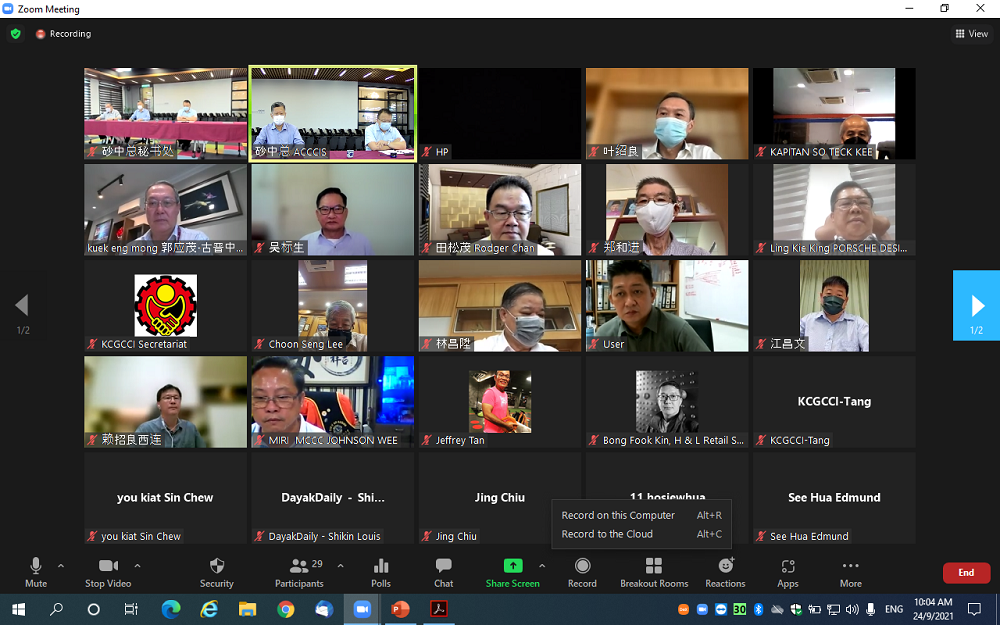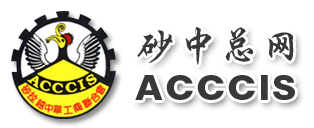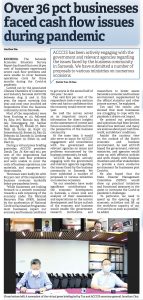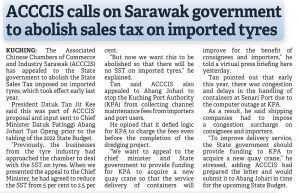Virtual Press Briefing on ACCCIS’s Sarawak Economic Situation Survey Report
During the period between 12-31 August, 2021, ACCCIS has conducted its half-yearly ACCCIS’s Quick-Take Survey on Sarawak Economic Situation, covering 1H 2021, 2H 2021F, 2022F. The survey has received a total of 316 respondents.
A Virtual Press Briefing on ACCCIS’s Sarawak Economic Situation Survey Report has been held on 24th September 2021.
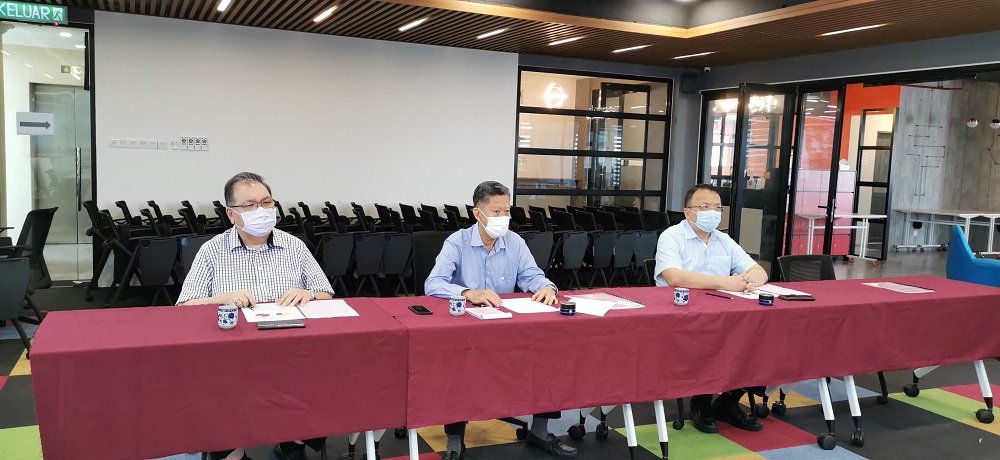
Dato President said the results showed that most businesses are struggling to cope with a long-drawn pandemic impact. Their production and operation activities have been limited, decline in demand and they are anxious about poor cash flow, credit and debtors’ conditions. 36.4% of respondents have experienced a very tight cash flow problem and unable to cover the costs of business operations, raw materials, manpower for 3 months.
He disclosed that the revenues were badly hit with 80.5% of the respondents’ business revenues were markedly below pre-pandemic level. While businesses are looking forward for a smooth transition towards a safe reopening of the economy under the National Recovery Plan (NRP), backed by the acceleration of national vaccination program. Most businesses, however, expect our economy and business conditions to get worse in 2H 2021. Overall, 85.8% of the respondents took a very cautious view and had no confidence that the economy would recover in 2022.
He pointed out that amidst the cautious view on the outlook of our economy and business environment, ACCCIS hopes that the Government, relevant Ministries and agencies would come up with effective policies and work closely with the business chambers and other stakeholders to provide a more conducive environment for businesses post COVID-19.
He hoped the Sarawak Disaster Management Committee (SDMC) would draw up practical initiatives and functional measures in our quest to overcome the challenges of the Covid-19 pandemic, in particular, to speed up the opening up of the economic activities and lift up the workforce capacity of our civil service as soon as possible.
